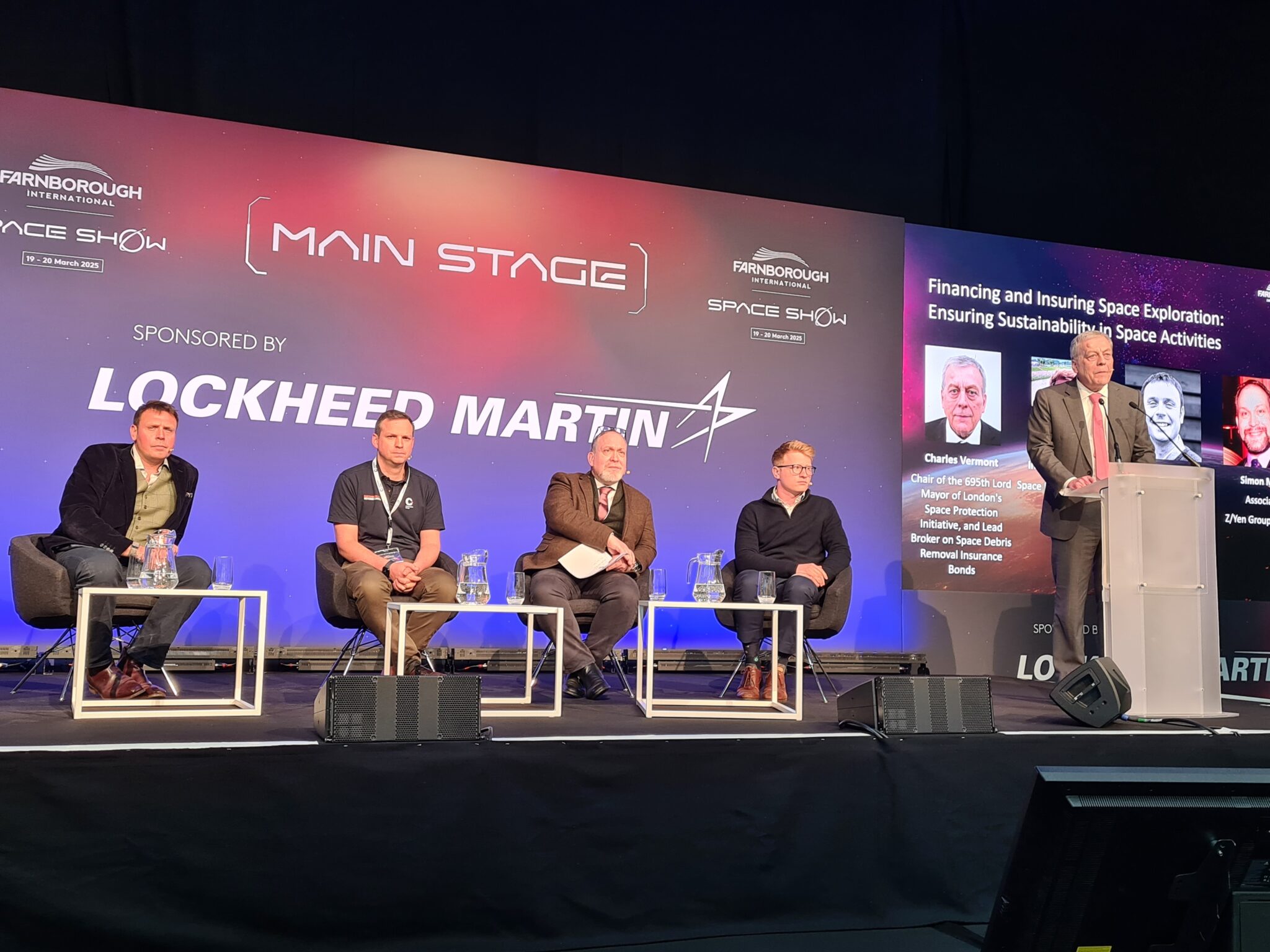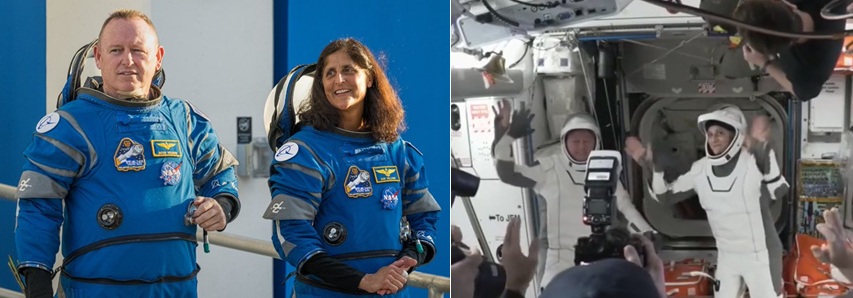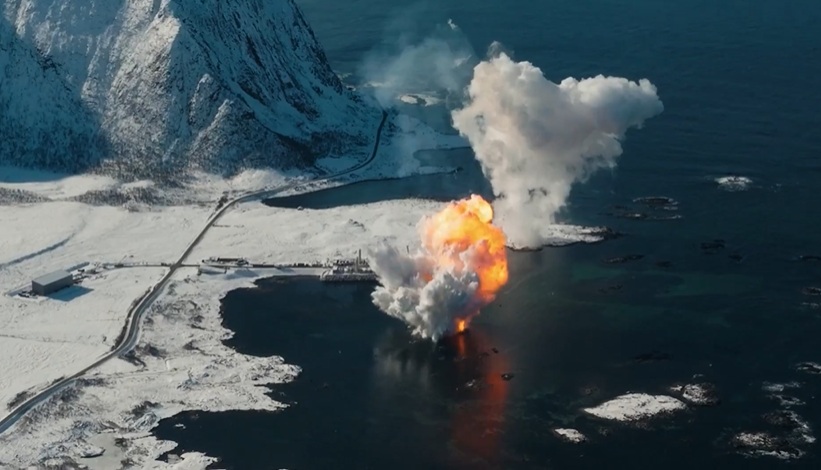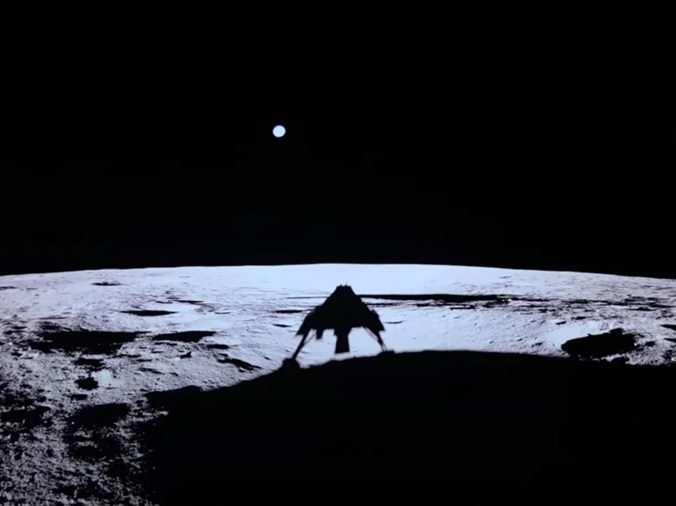Once a promising start-up in the fields of space transportation and in-orbit servicing, Momentus Space has suffered a largely self-inflicted ‘resistance to progress’ in the past few months. However, the announcement on 13 July that the US Securities and Exchange Commission (SEC) has reached a settlement with Momentus and associated companies looks set to restore momentum.
The issues raised by the SEC involve a long list of associates: Momentus itself; Stable Road Acquisition Corporation, a special purpose acquisition company (SPAC) with which Momentus is planning to merge; the Russian co-founder and former CEO of Momentus, Mikhail Kokorich; Stable Road’s CEO, Brian Kabot; and its sponsor, SRC-NI.
Kokorich is alleged to have misled Stable Road about his company’s technology and his own national security status, while Stable Road is itself criticised for failing to perform due diligence and endorsing the false claims in its merger documentation.
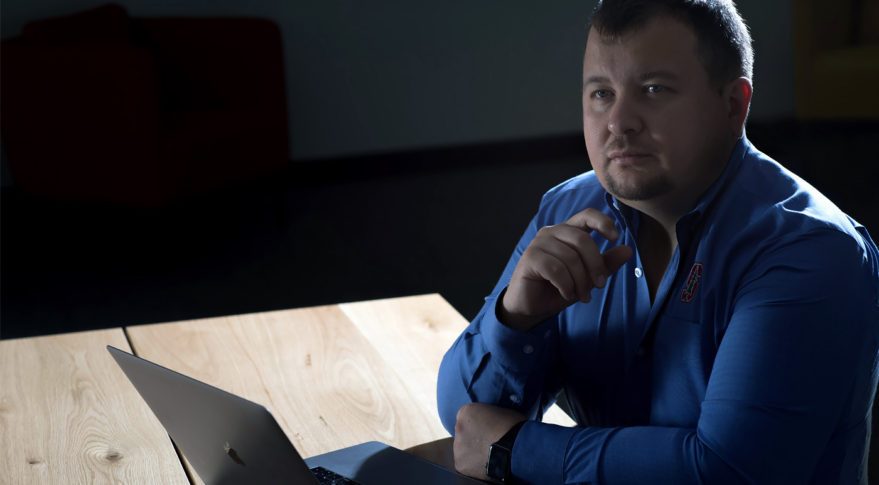
Co-founder and former CEO of Momentus Space, Mikhail Kokorich. Courtesy of Momentus
The key technical issue appears to revolve around the validation of the company’s propulsion system, which uses microwave electro-thermal (MET) thrusters, also known as water plasma thrusters. In July 2019, Momentus launched an experimental CubeSat, called El Camino Real, to test the thrusters, and in September 2019 Kokorich announced that they had been successfully validated. However, the SEC disagreed, because the company’s own documents defined success as 100 thruster firings, each of at least a minute, and it failed to perform even one. Reportedly, only three of 23 firings produced any plasma and Momentus lost contact with its satellite three months into a planned six-month mission.
Although such failures are common in research and development programmes and would normally be fixed in a follow-up demonstration, this does not seem to have been good enough for Momentus. Kokorich and other company executives were aware of the problems but, failed to share this information with Stable Road before the merger announcement in October 2020. The SEC’s case, in essence, was that Momentus should have told Stable Road about the issue, and that Stable Road should have verified that the thruster technology had indeed been validated. While one would hope that both aspects would be common business practice in the event of a proposed merger, the situation looks more like a combination of obfuscation and wishful thinking.
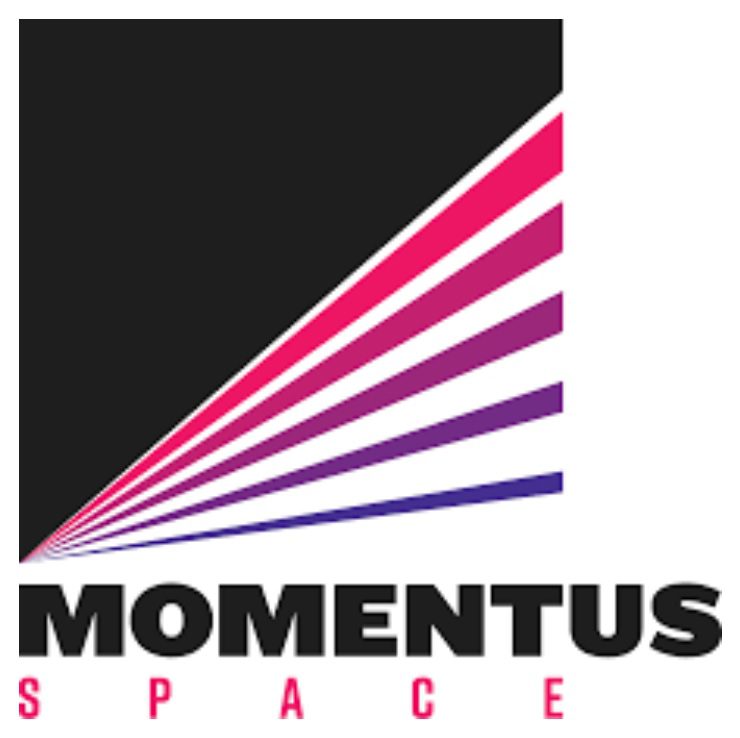
As if this wasn’t enough, there was the matter of the ‘national security concerns’ involving Kokorich, who is a Russian national. Apparently, Momentus failed to obtain an export control license to allow it to share technical material with Kokorich, which considering the decades of publicity surrounding America’s ITAR regime was a basic error. His visa then expired, and he sought political asylum in the US. However, according to the SEC, he left the States earlier this year and is now in Switzerland. Apart from providing plot material for a political thriller, this contributed to the company’s difficulty in obtaining a Federal Aviation Administration payload review and delayed launches of its first Vigoride tugs (formerly scheduled for January and June on two SpaceX rideshare missions).
All those involved, except Kokorich, have agreed to settle the SEC’s charges by paying stipulated fines – US$7 million for Momentus, US$1 million for Stable Road and US$40,000 for Kabot – while SRC-NI has agreed to forfeit 250,000 shares in the merged company. Kokorich resigned as CEO of Momentus on 25 January and was replaced on an interim basis by chief revenue officer Dawn Harms, a former Boeing executive. The first Vigoride launch is not expected until June 2022 at the earliest.
Although SPACs have been lauded as the ‘next best thing’ for budding space companies, the SEC has warned that “This case illustrates risks inherent to SPAC transactions, as those who stand to earn significant profits from a SPAC merger may conduct inadequate due diligence and mislead investors”. In reality, though, the issue is not with SPACs as such; it’s more a matter of business ethics, truth and common sense.

